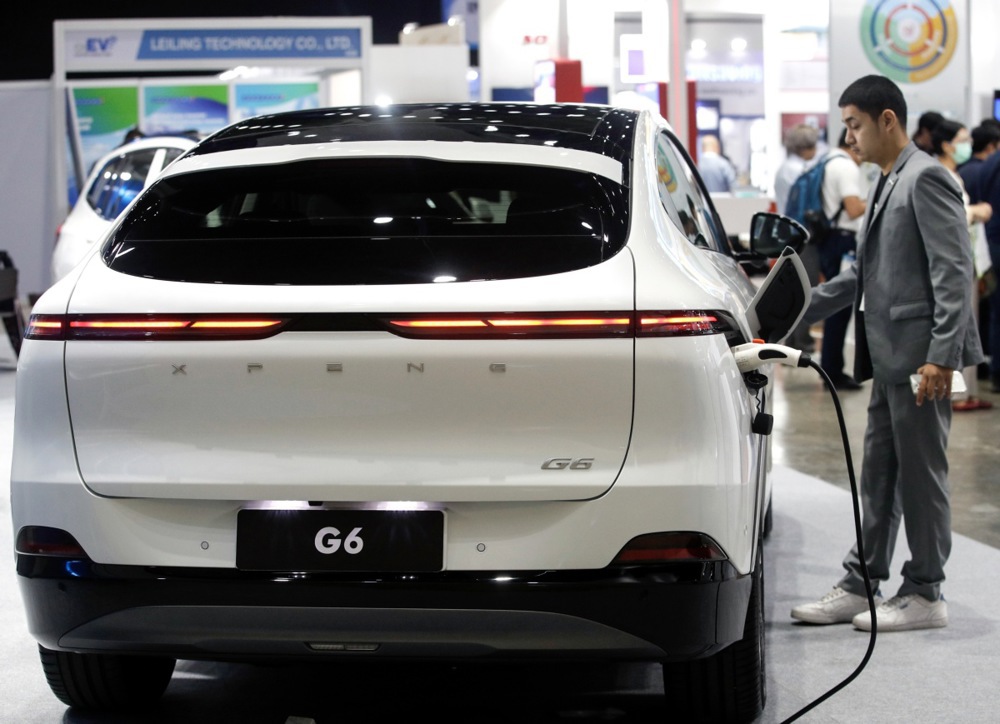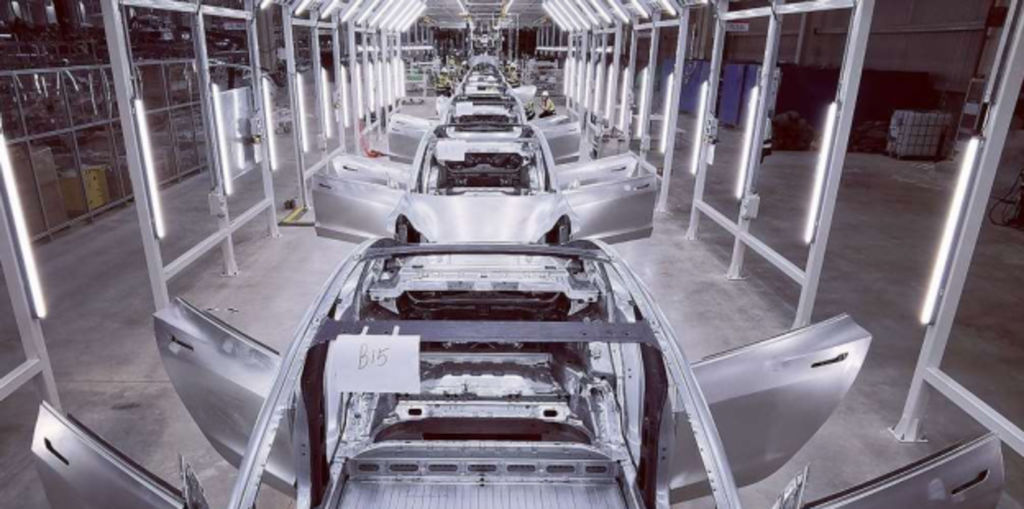The European Union recorded an unprecedented number of alerts about dangerous consumer products in 2023, nearly doubling the 2022 figure.
A key driver behind this surge appeared to be the growing volume of goods imported from China.
This sharp rise in reported violations of EU product safety rules was highlighted during the presentation of the 2024 Safety Gate report by European Commissioner for Consumer Protection Michael McGrath on April 16.
“Online sales have grown dramatically in recent years,” McGrath said.
“A significant portion of these products blatantly fail to meet our stringent safety standards and regulations, posing serious risks to consumer safety and also creating unfair competition for all of those companies who do abide by the EU rules.”
EU authorities made greater use of the Safety Gate platform — the bloc’s rapid alert system for hazardous non-food products — with a record 4,137 alerts issued last year, the highest since the system’s launch in 2003.
“Year after year, the Commission has strengthened and modernised its tools to ensure that the products entering our homes are safe. At the heart of this effort is the Safety Gate Rapid Alert system, which enables us to swiftly address the risks posed by dangerous goods across the EU,” McGrath said.
“The results speak for themselves, and I look forward to continuing this work to ensure we leave no blind spots in our oversight.”
During his presentation, he showed certain products registering mixed danger levels.
One item was a badly designed adapter that could potentially give electric shocks to its users and had some erroneous labels.
Another item was a children’s doll that contained phthalates, dangerous chemicals added to plastics to increase their flexibility, transparency, durability and longevity.
A third piece was a pair of swimming shorts for children with “draw strings that were too long”. That could, according to the Commissioner, lead to children getting caught up in something, possibly causing serious harm.
The Safety Gate platform was designed to help prevent harm to consumers by enabling swift communication between EU countries on dangerous products found on the market.
Cosmetics topped the list of flagged items, accounting for 36 per cent of all alerts, followed by toys (15 per cent), electrical appliances (10 per cent), motor vehicles (9 per cent) and chemical products (6 per cent).
Chemical risks were at the heart of almost half of the alerts. Substances including cadmium, nickel and lead were found in jewellery, while allergenic fragrances turned up in body oils.
Other hazardous synthetic chemicals were detected in products such as clothing, particularly those used to soften plastics.
A striking 97 per cent of the flagged cosmetics were found to contain BMHCA, a banned synthetic fragrance linked to reproductive harm and skin irritation.
Despite recently enacted stricter EU e-commerce rules targeting Chinese products from retailers such as Shein and Temu and pushing for eliminating the customs duty exemption for imports under €150, 40 per cent of the warnings concerned products from China.
The EU has already launched DCA proceedings against Temu and requested more information from Shein.
With the US cranking up the tariffs on China, fears have grown that Beijing could dump its vast array of artificially cheap goods on the European market, leading to an ever bigger rise of dangerous products in Europe.
In a reaction to the report, the China Chamber of Commerce to the EU told the British newspaper the Financial Times the media should “avoid politicising trade and product safety issues”.
“Ensuring the safety of goods in the EU market is a shared responsibility and we remain committed to working collaboratively with European partners to uphold high standards across global supply chains,” the body said.
For now, the Brussels authorities played only a co-ordinating role in the enforcement of consumer protection laws.
But, in light of the rising number of alerts, the European Commission said it was considering changing this stance.
“For certain violations that are systemic and inherently cross-border, the Commission could be granted centralised investigative and enforcement powers,” said McGrath.
While no decision had been made yet, he added that he as “inclined to propose such a regulation”.
The so-called pro-Brexit “myth” of a European Union ban on smoky-bacon flavour potato crisps is now set to become reality after Member States gave the go-ahead for the prohibition late in April. https://t.co/vcClla125M
— Brussels Signal (@brusselssignal) May 27, 2024





